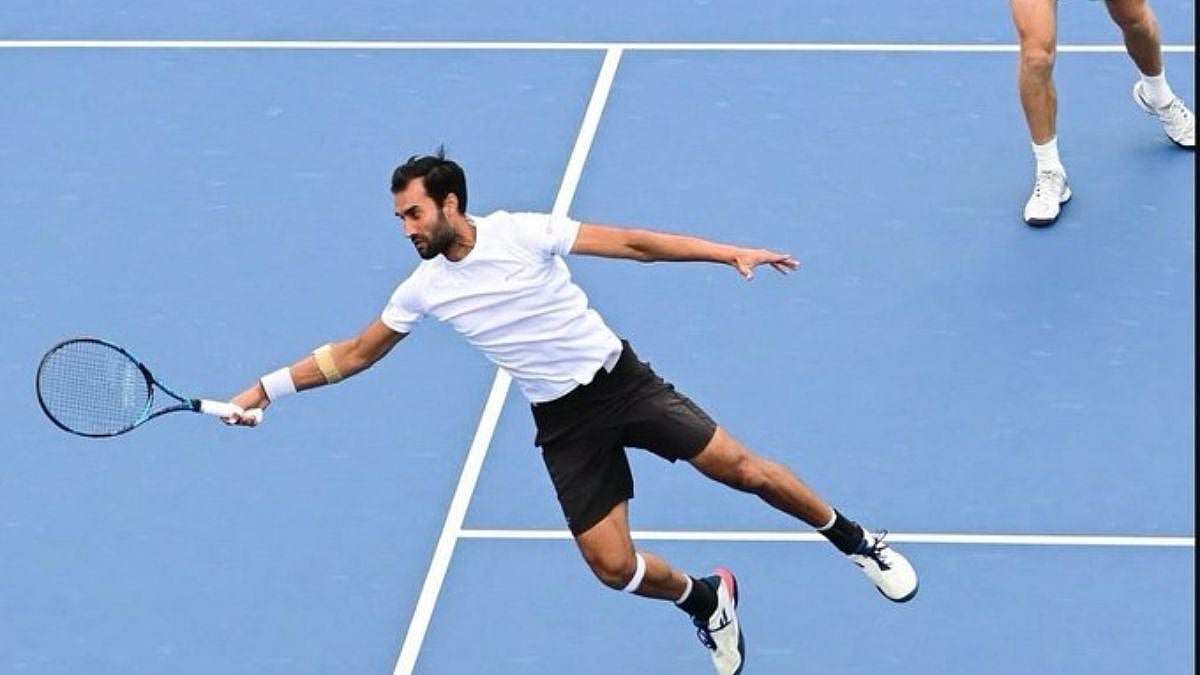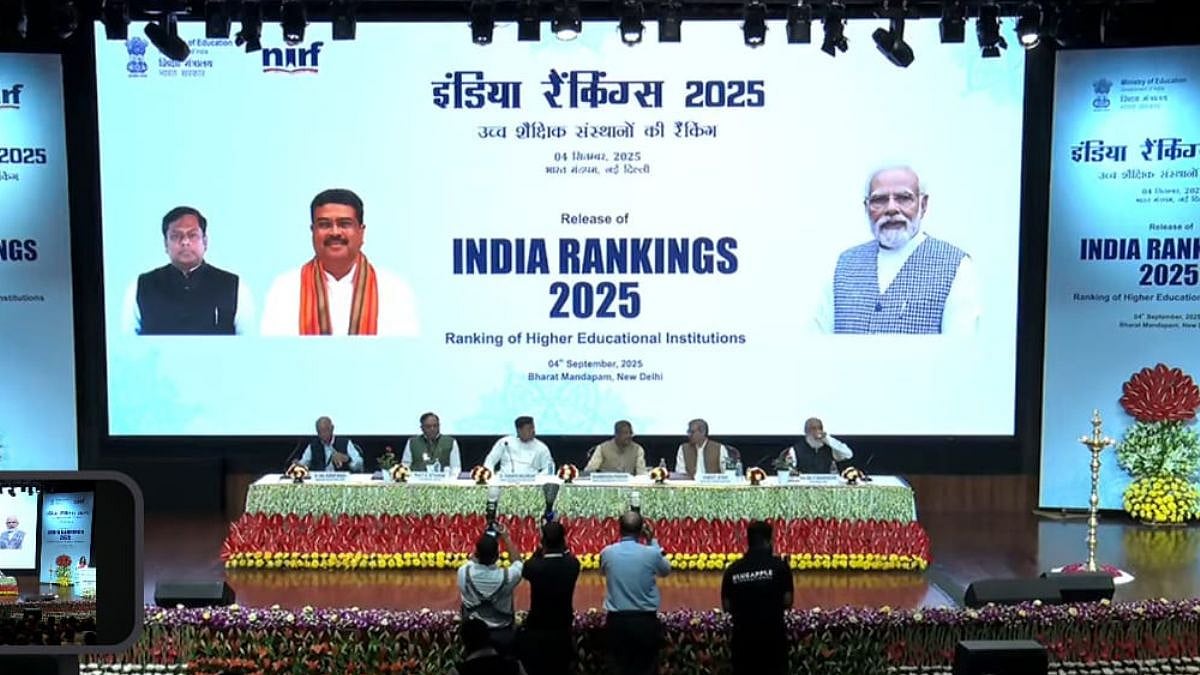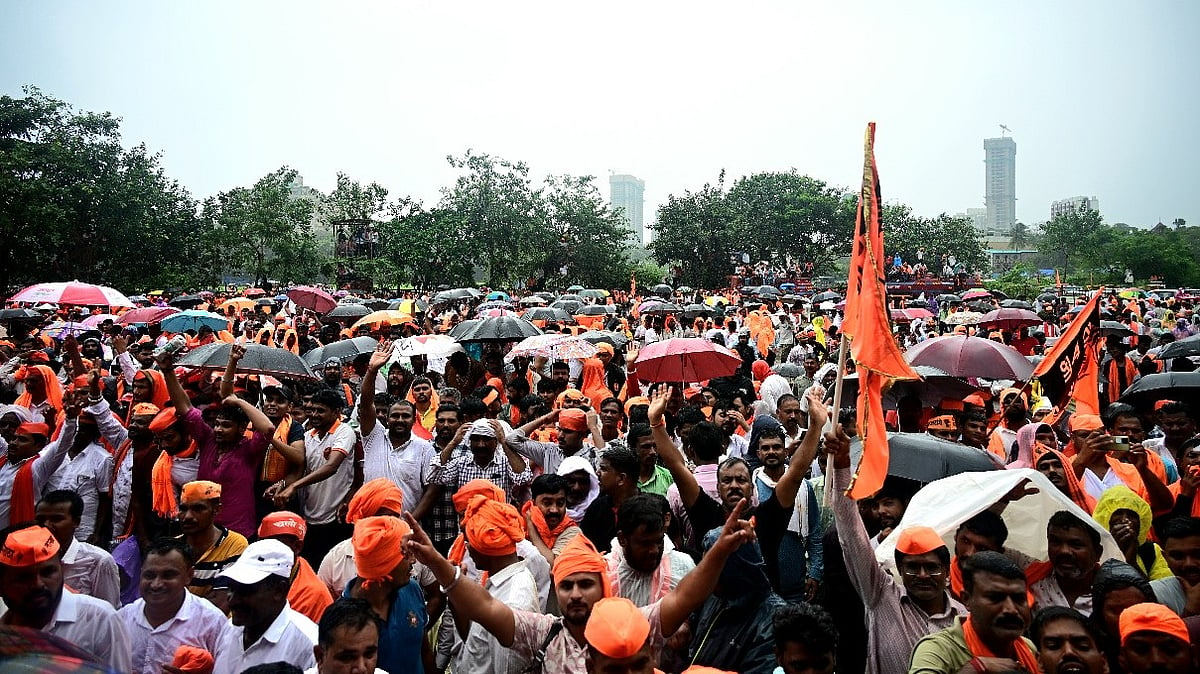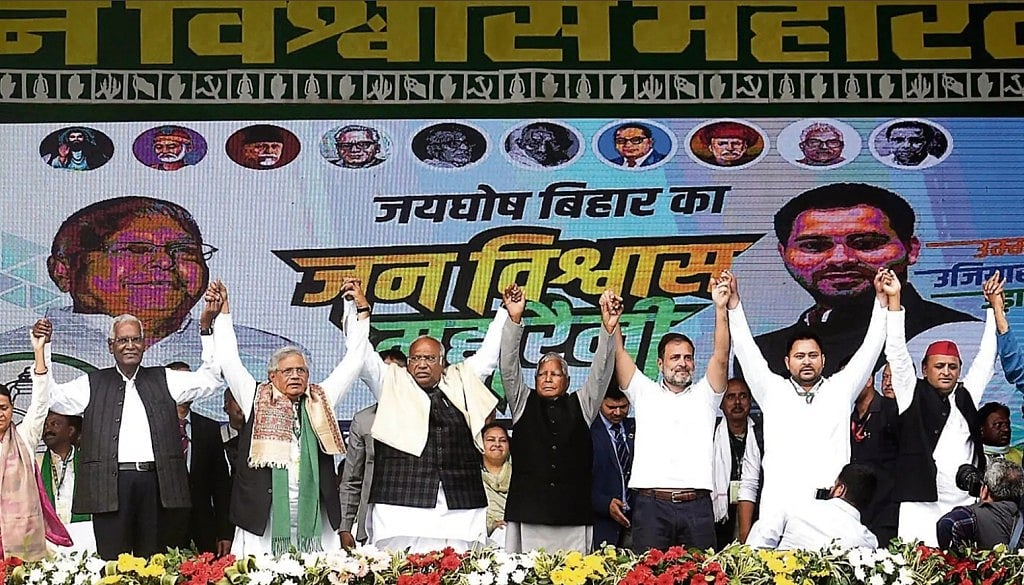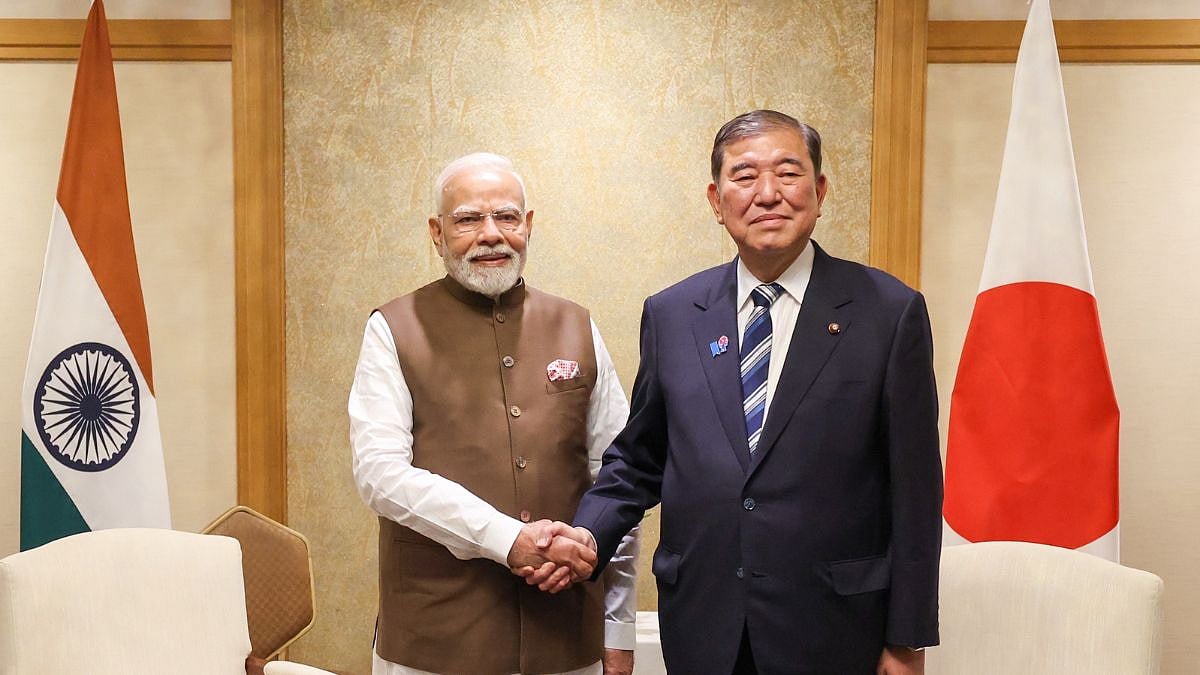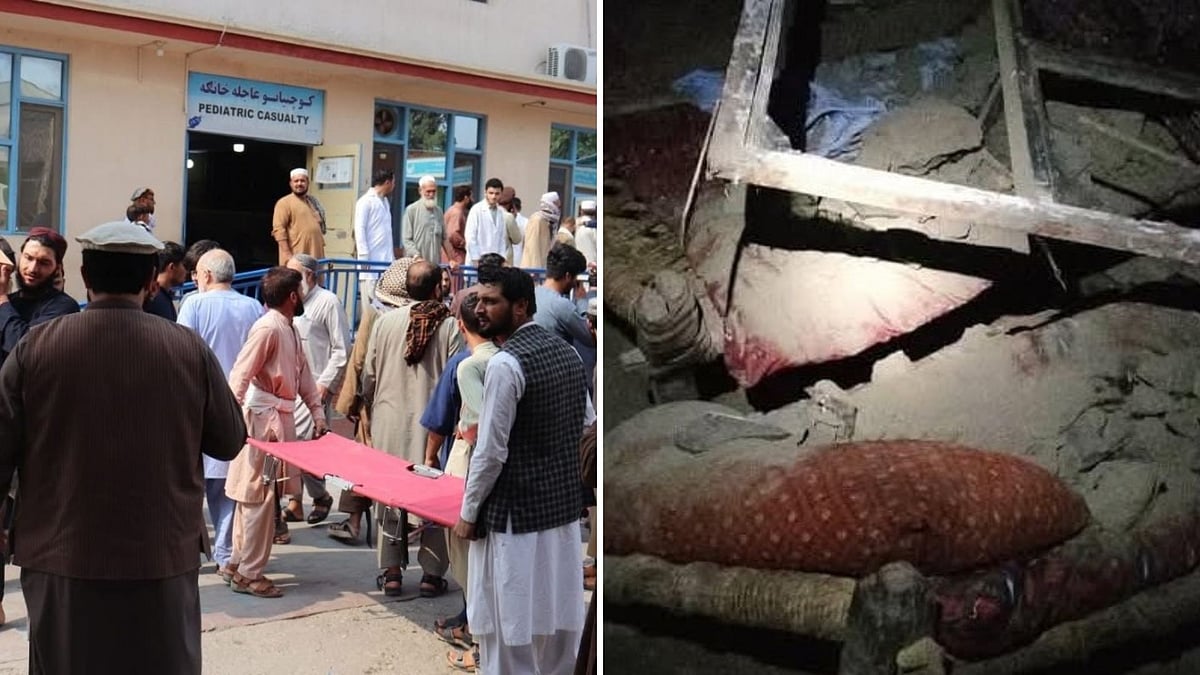Former Indian cricketer Bishan Singh Bedi passed away on Monday at the age of 77. Widely recognised as one of the finest left-arm spinners in the world, Bedi had a distinguished career, representing India in 67 Test matches and 10 ODIs between 1967 and 1979. His remarkable record in Test cricket includes 266 wickets at an impressive average of 28.71, featuring 14 five-wicket hauls. In ODIs, he claimed 7 wickets.
Bedi is survived by his wife Anju, son and Bollywood actor Angad , who is married to actress Neha Dhupia, and daughter Neha.
Born on September 25, 1946, in Amritsar, India, Bedi was celebrated for his exceptional skills as a left-arm orthodox spinner, characterised by an elegant and mesmerizing bowling action. He made his debut for the Indian national cricket team in 1966 and continued to represent his country until 1979, leaving an indelible mark on the sport.
In addition to his remarkable cricketing achievements and expertise in spin bowling, Bishan Singh Bedi was known for his outspoken nature, unwavering commitment to his principles, and his fearlessness in expressing his thoughts, never hesitating to speak his mind without bias or favoritism.
That, more often than not, made Bedi 'a rebel with a cause'.
Fighting for rights
Bedi, not only renowned as one of the finest left-arm orthodox spinners in the history of the game, but also stood as a staunch advocate for progressive values. He fearlessly championed the causes he held dear, notably becoming the first player to challenge the cricket board in the pursuit of improved player compensation.
“His run-ins with cricket’s administration for players rights are stuff of legend, something that would have left a lesser person weary and a casual observer mildly suspicious of his intentions,” Siddharth Saxena wrote in the ToI, describing Bedi’s efforts to get better remuneration and facilities for the players representing the country.
Recounting an anecdote from an unofficial Test against Sri Lanka in Nagpur in 1975, Bedi shared in a TV series: "I served as the team captain during that tour, and our accommodation was at an MLA hostel. It was the peak of winter in December, and I was the only one with access to warm water in my room, while my fellow players didn't. I promptly contacted the secretary of the Vidarbha Cricket Association (VCA) and requested equal access to warm water for all players. I emphasised that the spectators came to witness the players, not the officials. An altercation ensued, during which the secretary displayed discourtesy, and I may have used strong language in response. The situation deteriorated to the point that after the match concluded, the VCA neglected to arrange first-class railway tickets for me and another player. We ended up enduring a frigid journey, seated in the luggage rack of the general compartment."
When Bedi Stumped Wadekar and Gavaskar
Bedi also found himself in disagreements with players such as Ajit Wadekar and Sunil Gavaskar regarding the issue of Mumbai players dominating the Indian team. During a conversation at a book launch, Bedi recounted a particular incident. He was leading the North Zone in the Duleep Trophy, facing off against the West Zone team captained by Ajit Wadekar, who was also the captain of the Indian national team at that time. After his team emerged victorious over the West Zone, Bedi remembered Wadekar remarking that Bedi had proven to be a better captain than the captain of India. Bedi's response was straightforward; he told Wadekar to broaden his perspective, emphasising that cricket was played across the country, not exclusively in the West and Bombay.
Following his retirement, Bedi declined lucrative commentary offers and instead committed his time to nurturing and mentoring young cricketers through the coaching camps he established.
Bedi on Patriotism
In 2017, Bedi briefly touched on the topic of patriotism and expressed his disappointment at labeling people as "anti-national" for advocating the resumption of normal India-Pakistan cricket relations.
He emphasized that we should not “narrow down the meaning of patriotism” by injecting politics into bilateral cricket relationships with Pakistan.
“Why politicise cricket? Have you been able to wipe off terrorism by not playing cricket? Cricket is a platform to come closer,” Bedi said.
Asked if patriotism in the current social scenario is intrinsically linked to being anti-Pakistan, one of the finest left-arm spinners of all time, said: “This is not right. I am not talking anti-India if I am asking for a cricket series with Pakistan. Let’s not narrow down the meaning of patriotism.”
Against BCCI & IPL
Bedi has consistently voiced strong opposition to the Board of Control for Cricket in India (BCCI) and its extravagant T-20 tournament, the Indian Premier League (IPL).
In 2018, he openly condemned the Indian Premier League, characterising the lucrative T20 league as a "scam".
“I don’t want to say anything about IPL. There’s not a bigger scam in India than IPL. Nobody here knows where IPL’s money comes and goes. The second edition of the IPL happened in South Africa, millions of money was taken out of the country without the permission of Finance Minister,” Bedi said at Sahitya Aaj Tak.
Politicians in cricket
Bedi had also been highly vocal regarding the participation of politicians in sports. In an interview with The Indian Express, he said: “Politicians in sport, not just cricket, are a necessary evil. By and large, they have created such a situation that everybody, cricketer, badminton player, footballer, everybody has to come to their door. Earlier we were slaves of the British, now we are slaves of our own hukmaran (rulers). This slavery is not leaving us.”
He not only vocalised his disapproval of the politicisation of cricket but also took a principled stand against it when the situation demanded. Recently, in a scathing critique of the Delhi and District Cricket Association (DDCA) for its decision to erect a statue of its former President, the late Arun Jaitley, at the Feroz Shah Kotla ground, Bedi insisted that his name be removed from the spectators' stand, which had been named after him in 2017.
Bedi vehemently criticised the DDCA's culture, which he contended favored nepotism and prioritized "administrators over cricketers." As a gesture of his displeasure, he also relinquished his membership with the organisation.
His discontent with the DDCA was well-founded, as he played a pivotal role in the Delhi team's participation in 12 Ranji Trophy finals, winning six of them after the 1976-77 season. Before his tenure, they had never clinched the title. Bishan Singh Bedi significantly contributed to Delhi's ascent as a dominant force in Indian cricket.
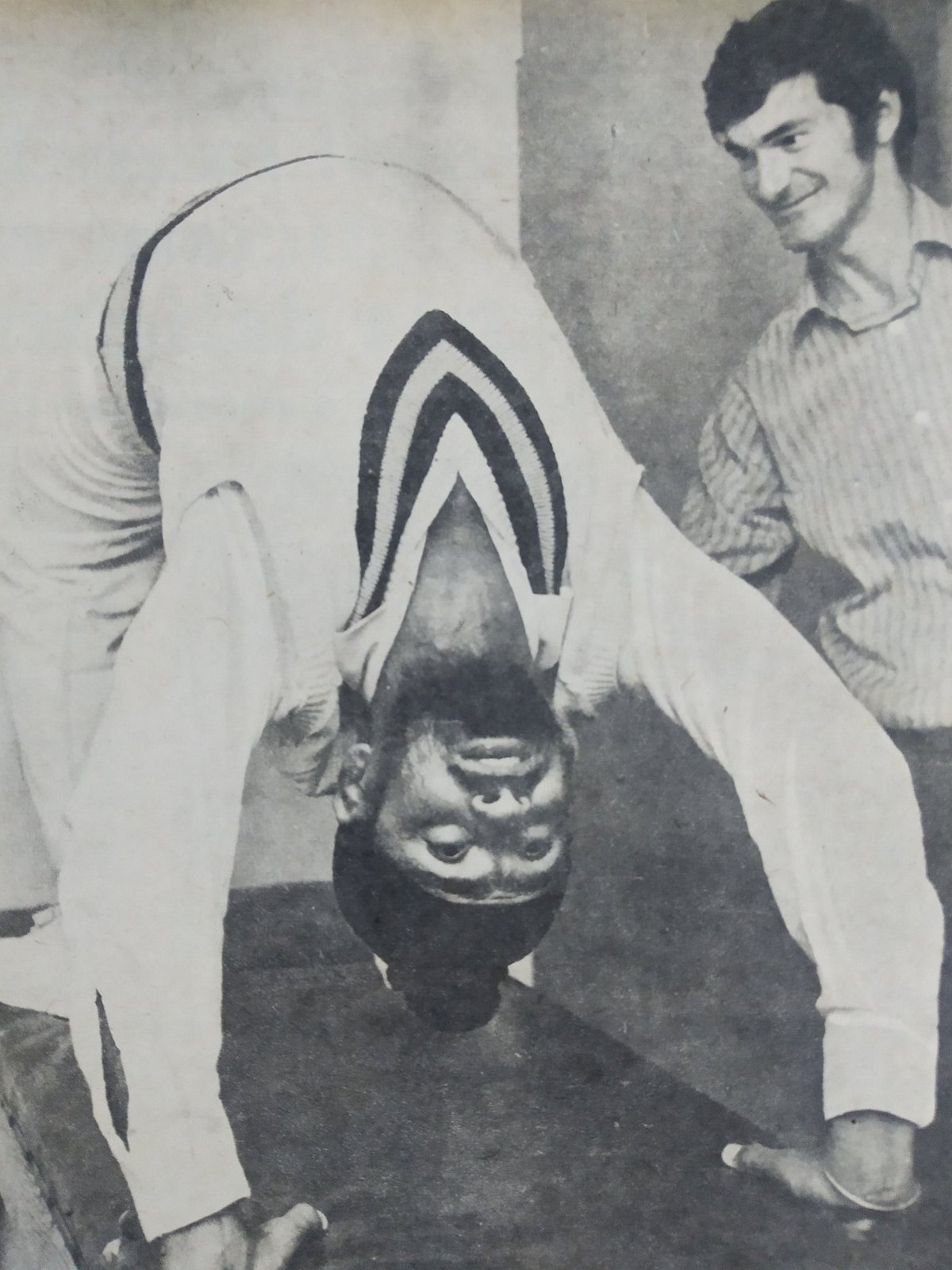
Fierce critic of current government
After the Modi government imposed the Covid-induced lockdown in 2020, Bedi wrote moving piece for The India Express, slamming the government as well as the general public.
On the “heartbreaking images” that the prime minister’s unplanned lockdown produced after Covid-19 hit India, Bedi wrote: “It highlights the utter lack of compassion in our politicians, who enforced the sudden and complete lockdown. Honesty and transparency, too, are missing when it comes to coronavirus numbers.”
Bedi remarked that “the one thing that has really pulled this nation down is sycophancy. I have experienced this in the past and now I see it all the time.” The former team India manager also deplored the fact that “even the young and the educated are joining the political conundrum and are reluctant to raise their voice. The reason: sycophancy.”
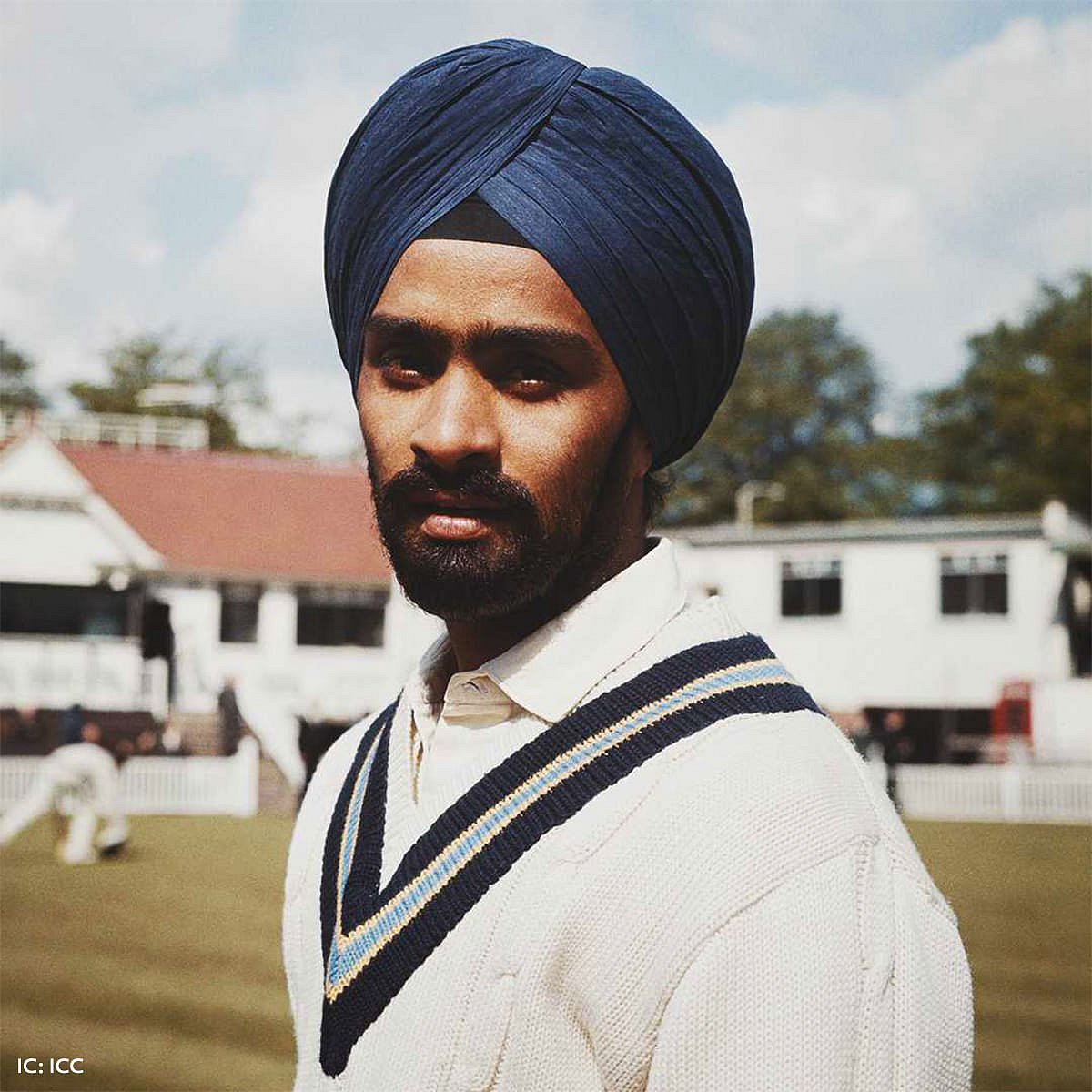
Support for farmers' protest
Amid the farmers' protest against the three farm laws implemented by the Modi government, Bishan Singh Bedi offered his support to the protesting farmers. Although Bedi didn't explicitly align himself with the protest, he expressed his solidarity by sharing a quote by Brenda Schoepp on Twitter during the demonstrations.
The picture read: "Once in your life you need a doctor, a lawyer, a policeman and a preacher, but thrice a day, you need a farmer."
Farewell, Bishan Singh Bedi!
Bishan Singh Bedi's passing is a profound loss to the world of cricket and to those who admired not just his remarkable skills as one of the greatest left-arm spinners but also his unwavering commitment to values and principles. Bedi's legacy extends far beyond the cricket field, reflecting a deep-rooted sense of social responsibility and a relentless pursuit of justice.
Through his outspoken nature and fearless advocacy for the rights and welfare of cricketers, Bedi earned the goodwill of players as well as fans. He stood as a champion for progressive values, challenging the cricket establishment to better compensate and support players.


